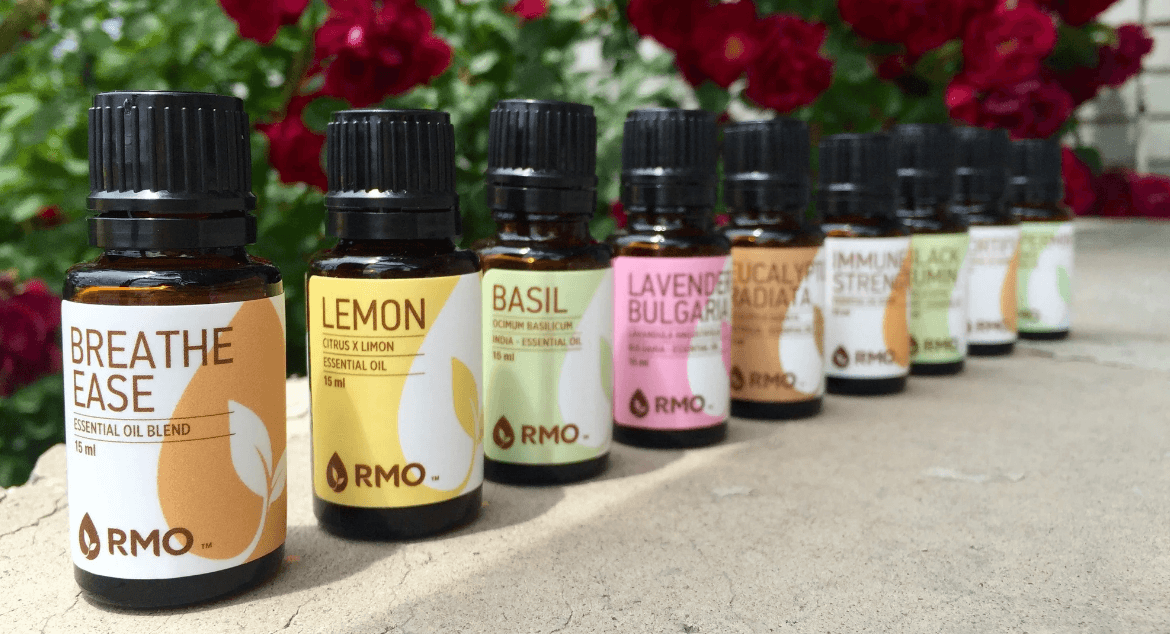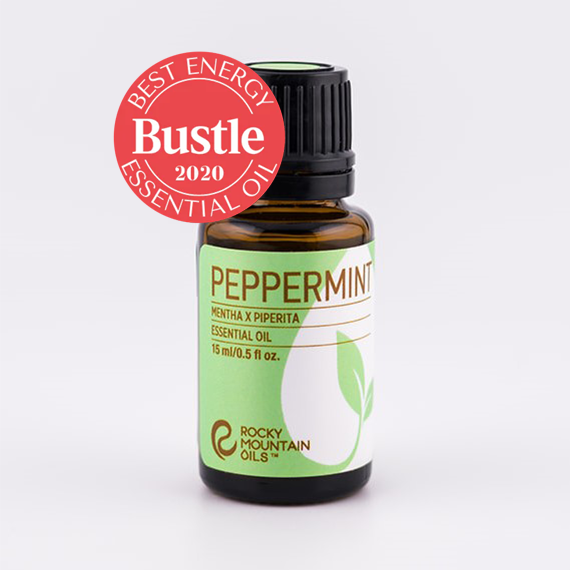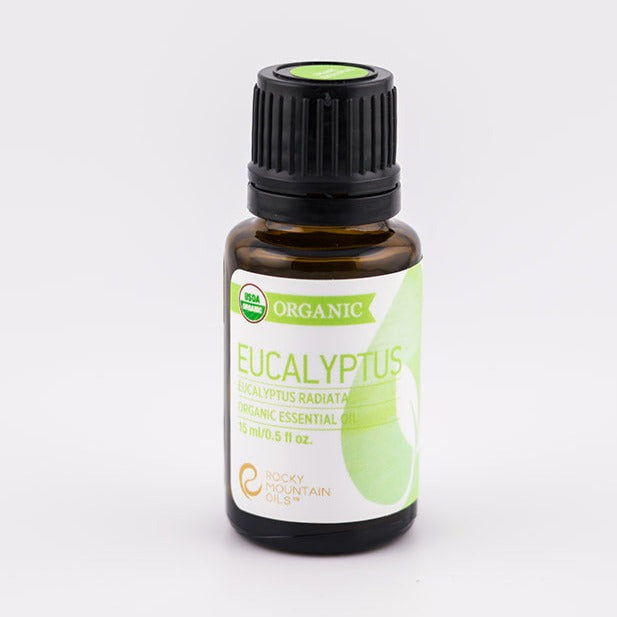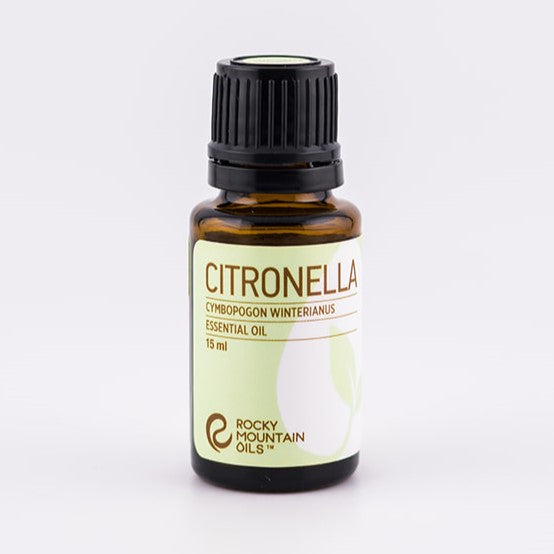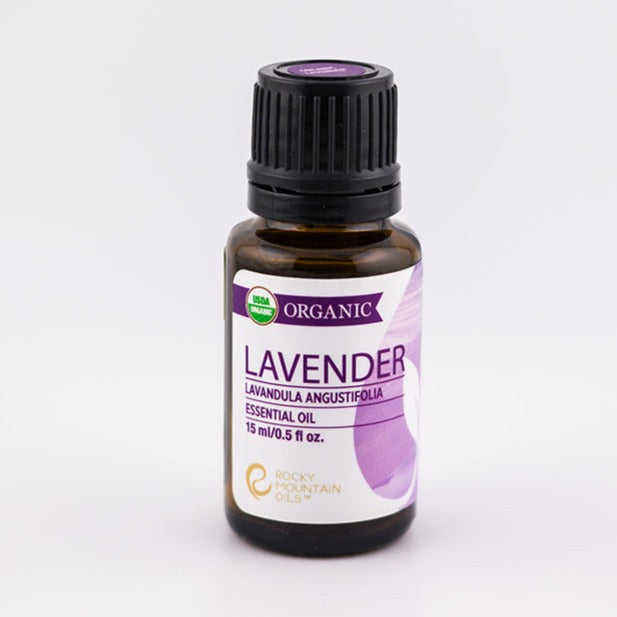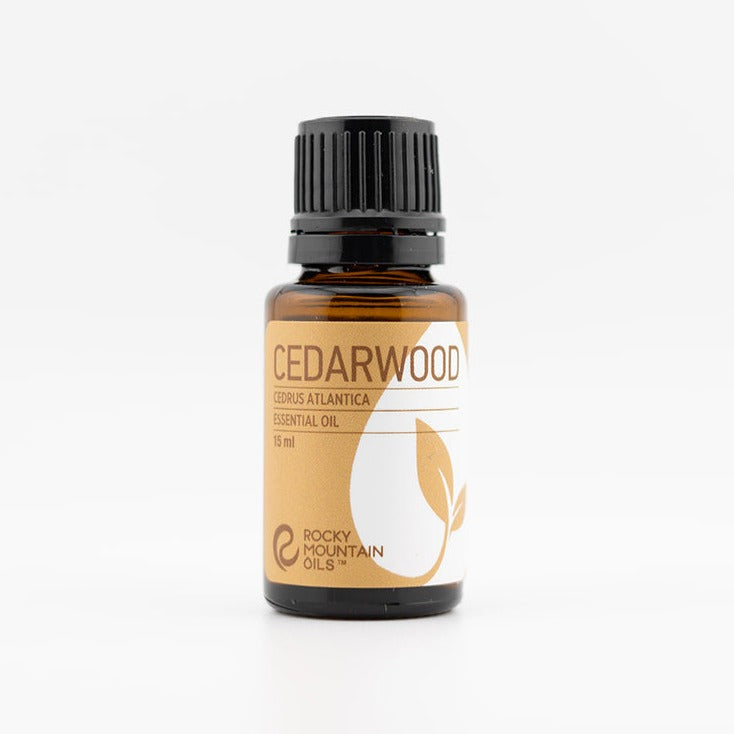What Essential Oils Keep Mice Away: Unveiling Natural Mouse Deterrence
The quest for effective and natural pest control methods has led many to explore the potential of essential oils. This article delves into how these oils, known for their pleasant aromas and therapeutic properties, can also be formidable foes against mice invasions. Understanding this natural remedy provides an eco-friendly approach to pest control and enriches our appreciation for the versatility of essential oils.
What Are Essential Oils?
Essential oils are concentrated liquids containing volatile aroma compounds from plants. These oils are typically obtained through distillation or mechanical pressing. While they are widely recognized for their use in aromatherapy and personal care, their applications extend far beyond, including as natural pest deterrents.

The Science Behind Essential Oils and Mice Repellence
Research indicates that certain essential oils can effectively repel mice. Their strong scents interfere with the rodents' olfactory senses, making environments less appealing. Studies have shown that oils like peppermint and eucalyptus are particularly effective in deterring mice.
Top Essential Oils That Keep Mice Away
Peppermint Oil: A Potent Mouse Deterrent
Peppermint oil is celebrated for its effectiveness in deterring mice due to its potent menthol aroma, which rodents find overwhelming. This natural remedy is preferred for its non-toxic and environmentally friendly nature, offering a humane and safe method to keep mice at bay without resorting to harmful chemicals.
Eucalyptus Oil and Its Repellent Properties
Eucalyptus oil is revered for its potent, fresh aroma that is highly effective in repelling mice. The robust scent of the oil interferes with the rodents' olfactory senses, making it an excellent deterrent and preventing them from invading areas treated with this natural remedy.
Citronella Oil: More Than Just a Mosquito Repellent
Citronella oil, renowned for its ability to repel mosquitoes due to its strong citrus aroma, also serves as an effective deterrent against mice. The pungent scent of citronella disrupts the olfactory preferences of rodents, making it unattractive to them and thus discouraging their presence in the treated areas.
Lavender Oil: Soothing for Humans, Annoying for Mice
Lavender's soothing and aromatic qualities are well-known for their calming effect on humans, often used in aromatherapy and relaxation techniques. However, its strong floral scent contains compounds that mice find repulsive, making it a natural and effective repellent to deter these rodents from invading homes or gardens.
Cedarwood Oil: The Natural Rodent Repellent
Lavender's soothing and aromatic qualities are cherished by humans for their calming effects, often used in aromatherapy and relaxation techniques. However, for mice, the strong floral scent of lavender serves as a natural deterrent, making it an effective and environmentally friendly way to discourage mice from invading homes or gardens.
How to Use Essential Oils for Mice Repellence
Using essential oils like peppermint, eucalyptus, or tea tree oil can help repel mice naturally. Soak cotton balls in the chosen essential oil and place them in areas where mice are commonly found. Replace the cotton balls regularly to maintain their effectiveness and be patient, as it may take time for the scent to deter mice from your home.
Comparing Essential Oils to Traditional Mouse Repellents
Essential oils are considered a safer and more environmentally friendly alternative to chemical repellents due to their lower toxicity and biodegradability. While both can effectively deter pests when used correctly, essential oils require more frequent application. It's crucial to exercise caution, dilute essential oils properly, and select the right oils for specific pest control needs to ensure their safety and effectiveness.
Integrating Essential Oils into Your Pest Control Routine
Incorporating essential oils into your pest control routine involves identifying areas where mice enter or frequent, such as gaps in doors and kitchen spaces. You can create oil-infused materials like cotton balls soaked in essential oils or sachets filled with oil and herbs. Place these materials strategically near entry points and areas of mouse activity to deter them with strong scents. Remember to refresh the materials regularly and use essential oils as a complement to other pest control measures, as they may not provide complete protection against mice infestations.
Safety and Precautions When Using Essential Oils
Using essential oils around pets requires caution due to their heightened sensitivity and potential risks. Some oils can be toxic, cause allergies, or irritate a pet's respiratory system, skin, or digestive tract. To ensure safety, research pet-friendly oils, dilute them properly, monitor your pets for adverse reactions, and consult with a veterinarian when in doubt.

What is the best essential oil to repel mice?
Peppermint essential oil is often considered one of the best options for repelling mice. Its strong, minty scent is known to deter rodents, as they find it unpleasant and overwhelming. To use it effectively, you can soak cotton balls in peppermint oil and place them in areas where you suspect mice activity, such as near entry points or in cupboards. Replenishing the oil-soaked cotton balls periodically can help maintain its potency as a natural mouse repellent.
What keeps mice away permanently?
Keeping mice away permanently often requires a combination of strategies. Ensure your home is properly sealed to prevent their entry, with no gaps or openings they can exploit. Maintain cleanliness, remove food sources, and store food in airtight containers. Use mouse traps or electronic repellent devices to capture or deter mice.
Additionally, consider natural deterrents like peppermint oil or mothballs, as they can discourage mice from entering your space. Regularly inspect and maintain your home's exterior to ensure it remains mouse-proof, as a proactive approach is essential to preventing their return.
What kills the smell of mice?
Peppermint oil is commonly used as an essential oil to deter and mask the smell of mice. Its strong, minty scent is known to be unpleasant for rodents, often driving them away from the treated areas. Placing cotton balls soaked in peppermint oil in potential entry points or areas where mice are active can help create an environment that discourages them from staying.
However, it's important to note that while peppermint oil can be effective in repelling mice, it may not eliminate an existing infestation, and it's advisable to combine its use with other pest control methods for more comprehensive results.
Frequently Asked Questions
Can I use these essential oils if I have pets in the house?
While many essential oils are safe, some can be toxic to pets, especially cats and dogs. It's best to consult with a veterinarian before using them in areas accessible to your pets.
How long do the effects of these essential oils last as mouse repellents?
The efficacy of essential oils as mouse repellents typically lasts for a few weeks, after which they need to be reapplied. The duration can vary depending on environmental factors such as ventilation and humidity.
Is it safe to apply essential oils directly to surfaces in my home?
It's generally safe to apply essential oils to most surfaces, but it's advisable to do a patch test first to ensure they don't cause any damage or discoloration. Avoid using oils on plastic and varnished surfaces, as they can cause damage.
Do essential oils only repel mice, or can they eliminate them too?
Essential oils primarily act as repellents and are not designed to eliminate mice. They work best as a preventative measure to keep mice away from treated areas.
Are there any health risks to humans when using essential oils for mice?
When used as directed, essential oils are generally safe for humans; however, overexposure or improper use can lead to allergic reactions or respiratory discomfort in some individuals. Always use them in well-ventilated areas and follow safety guidelines.
How do I know if the essential oils are working to keep mice away?
In the treated areas, you can gauge the effectiveness of essential oils by a noticeable reduction or absence of new signs of mouse activity, such as droppings or gnaw marks. It's also common to see a decrease in the frequency of sighting mice.
Conclusion
What essential oils keep mice away? Essential oils provide a natural, effective, and environmentally friendly solution for deterring mice. Embracing this method not only aids in pest control but also promotes a healthier and more sustainable approach to managing rodent issues.

